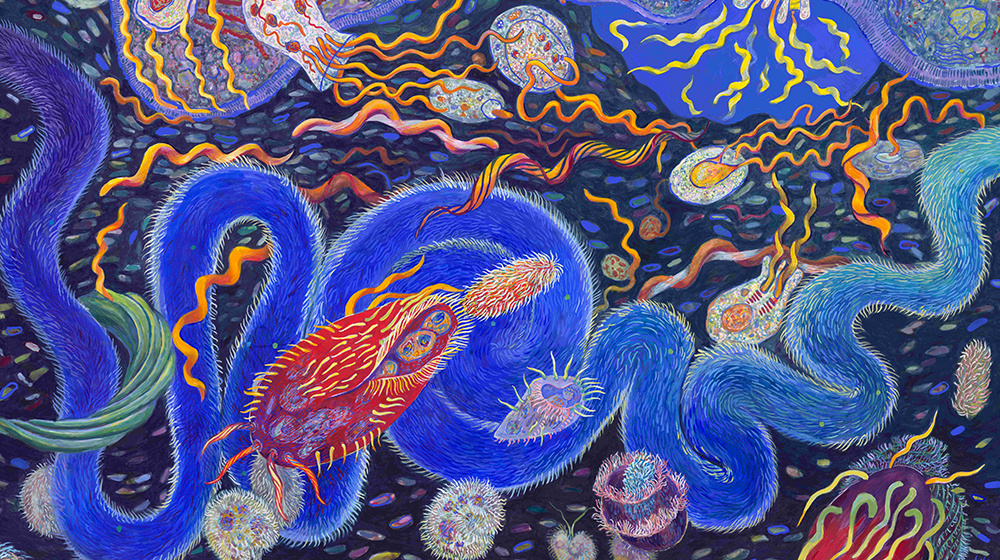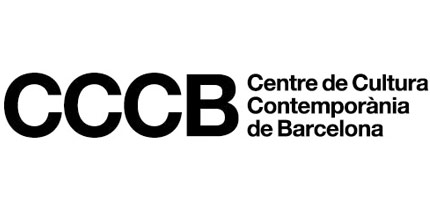Science Friction
In symbiosis
Thinking differently about life
In tandem with the exhibition “Science Friction”, these debates bring together local and international voices from different disciplines to talk about how to generate a new way of looking at life that would enable us to understand the complexity of the crisis that is now affecting the whole planet.
As the biologist Lynn Margulis said, “Life is a symbiotic and cooperative union that allows those who associate to succeed”. The work of this revolutionary scientist has changed our idea of what life is and what its mechanisms are as well as having a great influence in the imaginaries of other fields of knowledge, including anthropology, philosophy, and art. Today, when we are faced with a planet in crisis because of the effects of human exploitation, we are starting to understand that we are part of a delicate ecosystem where all the elements, from bacteria, viruses, and fungi through to plants and animals, are interdependent and essential. Nevertheless, the accumulated dynamics of centuries of understanding nature as otherness, something to be tamed and useful only as a supplier of resources, are still dominant and now, at the height of this ecological emergency, are threatening the future of life.
How can we transform our way of seeing other species and our links with them? What criticisms are appearing of the aesthetic and philosophical paradigms that keep putting humans at the centre of everything today?
This activity is part of Science Friction
Related contents
Anna Tsing, Victoria Reyes García and Maria Ptqk
Histories of Contamination and Survival
The idea that we are connected with a host of organisms in a delicate global network presents a new way of understanding the relationship between species. The anthropologist Anna Tsing speaks with ICREA Research Professor Victoria Reyes García and the cultural critic and researcher Maria ...
Marta Segarra and Gerard Ortín
Humanimal Encounters
Marta Segarra talks about language as a supposed border between human and non-human animals and dialogues with the artist Gerard Ortín about the fascination caused by its hybridization and how it manifests itself in the arts and sciences.

